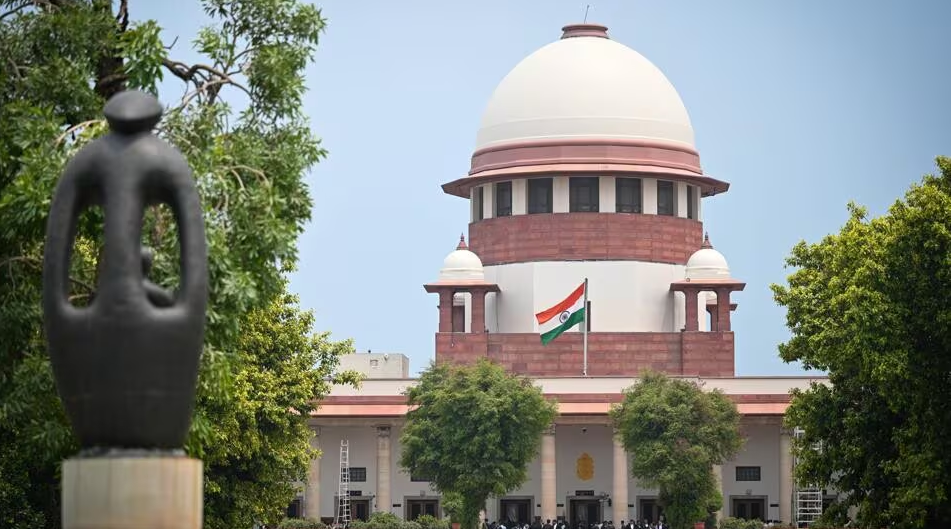
The Supreme Court evaluates petitions that recommend banning people convicted of crimes from running in elections while they strike a balance between ethical governance and democracy. Candidates face disqualification according to the Representation of People Act (RPA), 1951 based on their level of conviction intensity. The Supreme Court developed electoral disqualification policies through three landmark rulings (Lily Thomas, ADR, Jan Chaukidar).
The stance for a permanent ban on convict participation in elections leans toward ethical rules in governance and equal treatment with civil officials and government personnel less criminalization among elected representatives and democratic system advancement. The pros and cons in this discussion involve factors about rehabilitating criminals and how punishments might be unfairly severe.
A balanced approach- lifetime bans for heinous crimes, judicial safeguards, fast-track trials, and stricter election scrutiny- ensures clean governance while protecting fair participation
Introduction
-
The Supreme Court now evaluates multiple petitions that call for permanent election screening for convicted people.
-
A public discourse centers on upholding moral governance practices while focusing on election candidate trustworthiness and their role in political criminality.
Legal Provisions under the Representation of People Act (RPA), 1951
-
The law in Section 8(3) specifies that convicted criminals with minimum two-year sentences must face election ineligibility for six years after finishing their prison term.
-
Under Section 8(1) of the law convicted criminals face immediate disqualification for all severe offenses including rape corruption and terrorism regardless of their sentence duration.
-
Section 8(4) (No Longer Effective since 2013) permitted convicted political representatives to continue their positions unless their appeals were successful but faced elimination in the court decision of Lily Thomas (2013).
-
The Election Commission of India employed its Section 11 power to eliminate the disqualification of Prem Singh Tamang in 2019.
Supreme Court Judgments on Electoral Disqualification
-
ADR Case (2002): Mandated criminal record disclosure by candidates.
-
The court issued its ruling in the Jan Chaukidar Case (2013) that imprisoned persons would have their electoral rights revoked (this decision was later rejected through a parliamentary amendment).
-
In 2013 Lily Thomas Case eliminated Section 8(4) from the constitution which removed immediate disqualification of convicted politicians.
Arguments for a Lifetime Ban on Convicted Individuals
-
The maintenance of absolute moral standards in public governance by legislators should serve as a constant priority.
-
Those disqualified from public employment due to criminal records should also lose their right to create legislation according to current government employment standards.
-
Presently in 2024, a total of 46% of MPs are facing criminal charges whereas 31% deal with serious offenses involving rape and murder together with corruption.
-
Several appointed and judicial bodies including the Supreme Court and the Law Commission from 1999 through 2014 and the Election Commission advocated strict practical guidelines.
-
Availing unethical candidates from seeking public office through lifetime bans for proven serious crimes helps establish both democratic stability and lawful governance.
Arguments Against a Lifetime Ban
-
The democratic rights of released prisoner should not lapse permanently because they completed their incarceration term.
-
False cases could be created to block strong candidates from political participation during elections through political misuse.
Way Forward
-
New Disqualification Regulations: It should include the permanent removal of politicians with serious offenses yet provide a judicial examination for charges based on politics.
-
Electoral & Judicial Reforms:
-
The judicial system must handle politician criminal case trials through fast-track procedures.
-
The Election Commission should gain more power to investigate election candidates.
-
The disclosure of criminal records must be made more strict according to regulations.
-
Conclusion
A combination of measures should be used to protect political integrity and protect fair democratic participation. The combination of severe penalties for major crimes and court-established protections from political exploitation will enhance democratic authorities across India and regain citizens' faith in national governance.



 Chhattisgarh Gets Its First Ramsar Site with Kopra Reservoir Declaration
Chhattisgarh Gets Its First Ramsar Site with Kopra Reservoir Declaration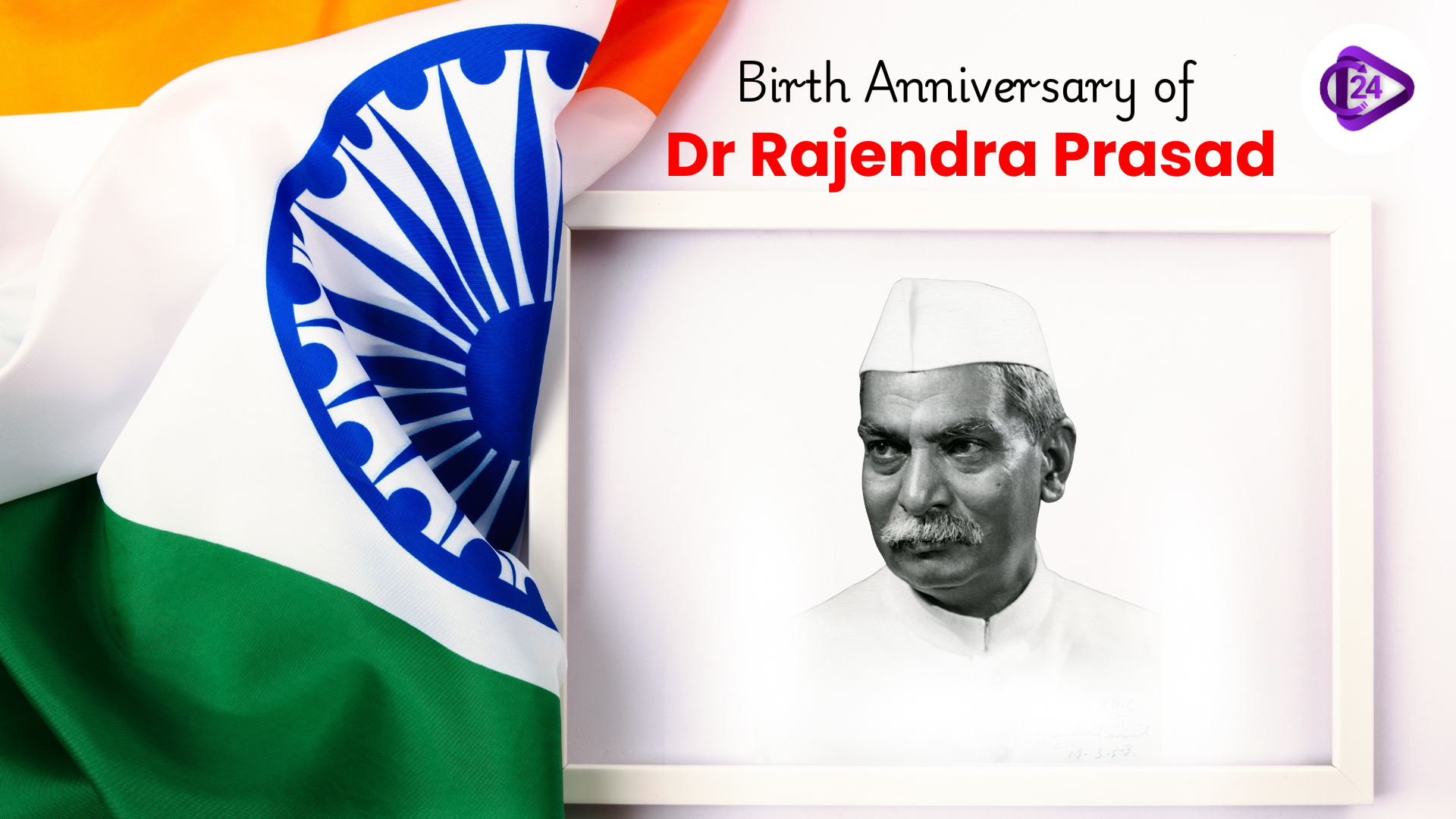 Birth Anniversary of Dr Rajendra Prasad
Birth Anniversary of Dr Rajendra Prasad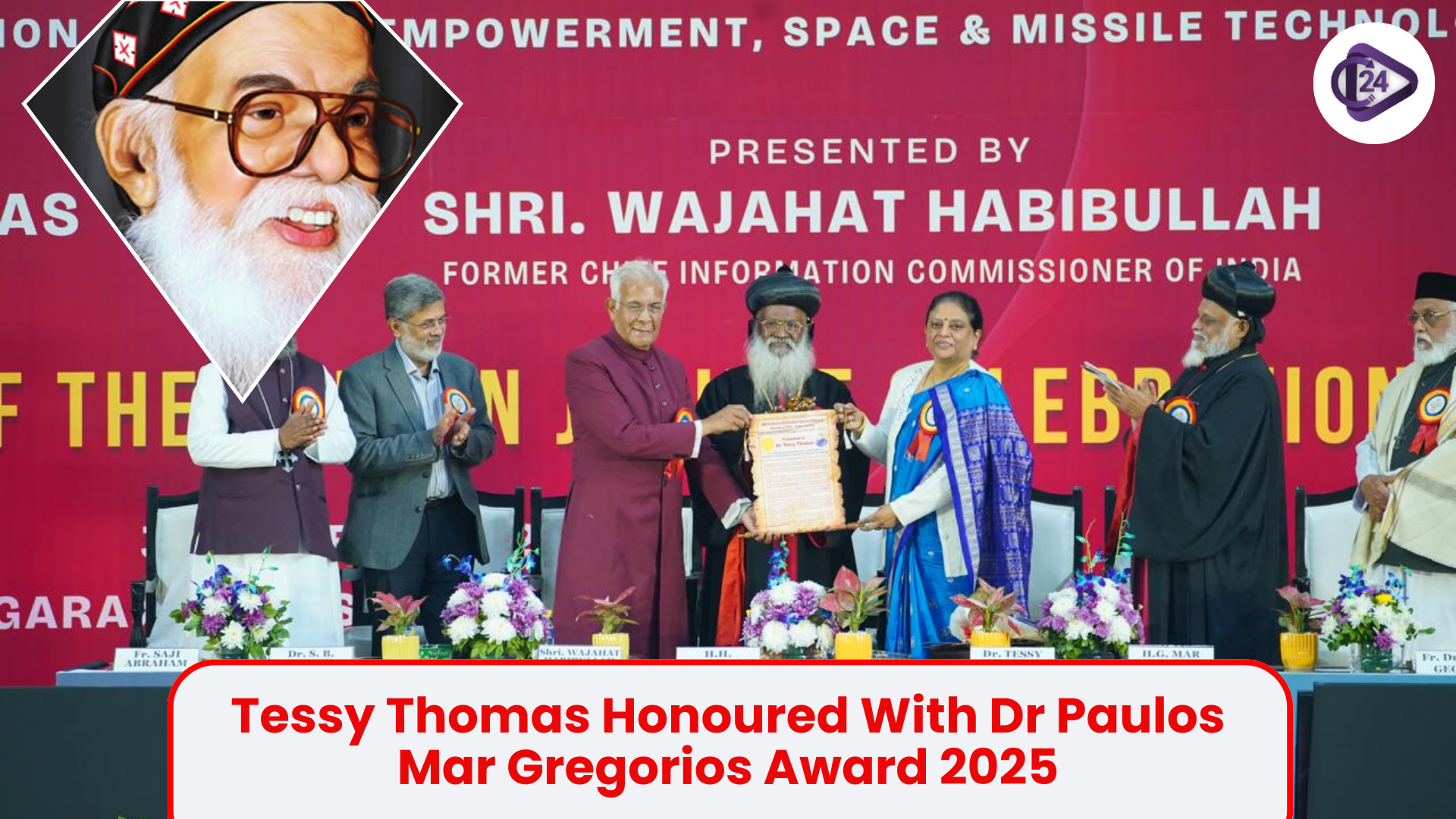 Tessy Thomas Achieves Major Recognition With Dr Paulos Mar Gregorios Award 2025
Tessy Thomas Achieves Major Recognition With Dr Paulos Mar Gregorios Award 2025 Ramban Sulai Honey GI Tag: A Major Win for Traditional Beekeeping
Ramban Sulai Honey GI Tag: A Major Win for Traditional Beekeeping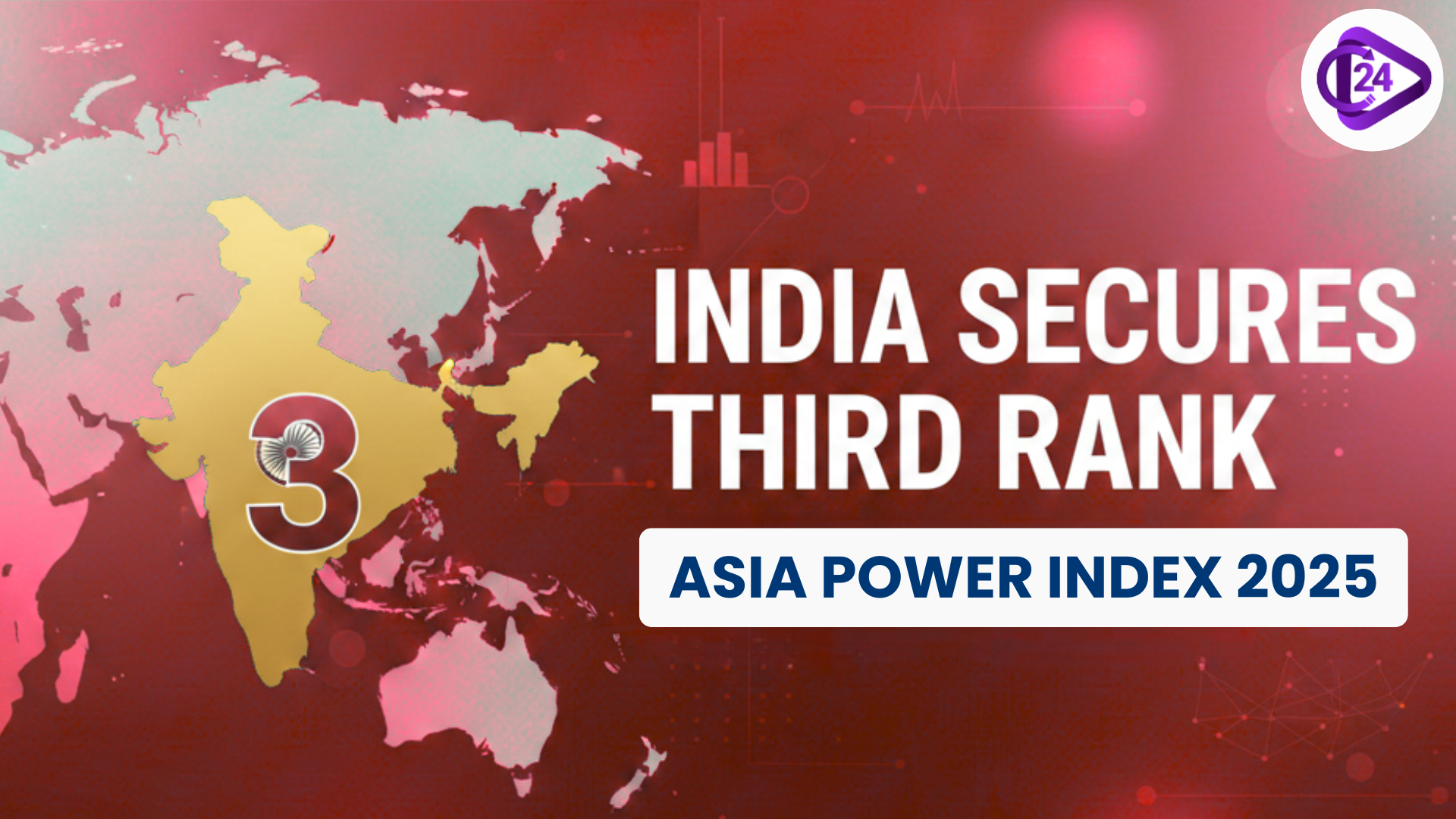 India Secures Third Rank in Asia Power Index 2025
India Secures Third Rank in Asia Power Index 2025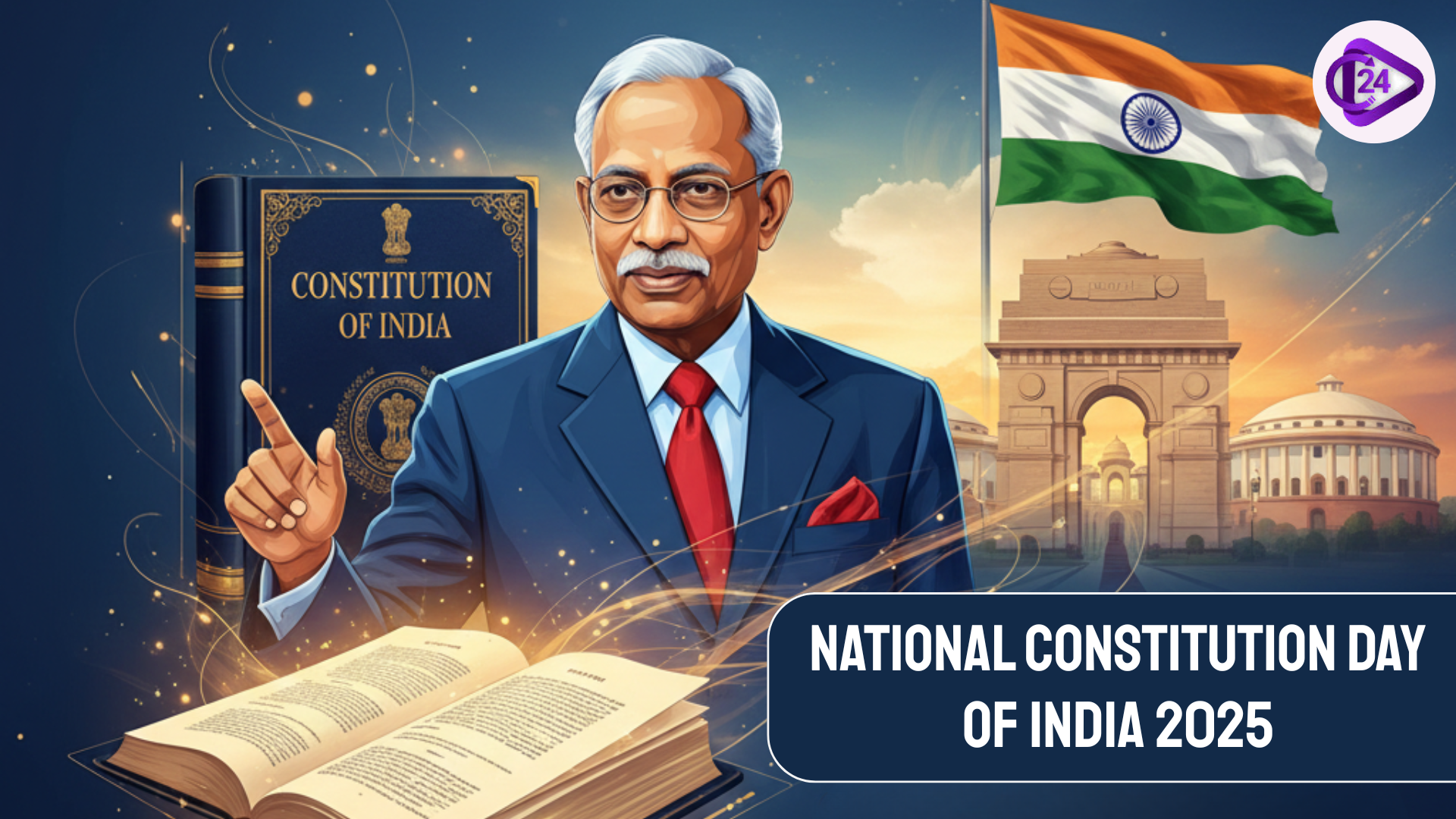 Constitution Day of India 2025: History, Meaning and Timeline Explained
Constitution Day of India 2025: History, Meaning and Timeline Explained India Launches ₹7,280 Crore Initiative to Develop Rare Earth Magnet Manufacturing
India Launches ₹7,280 Crore Initiative to Develop Rare Earth Magnet Manufacturing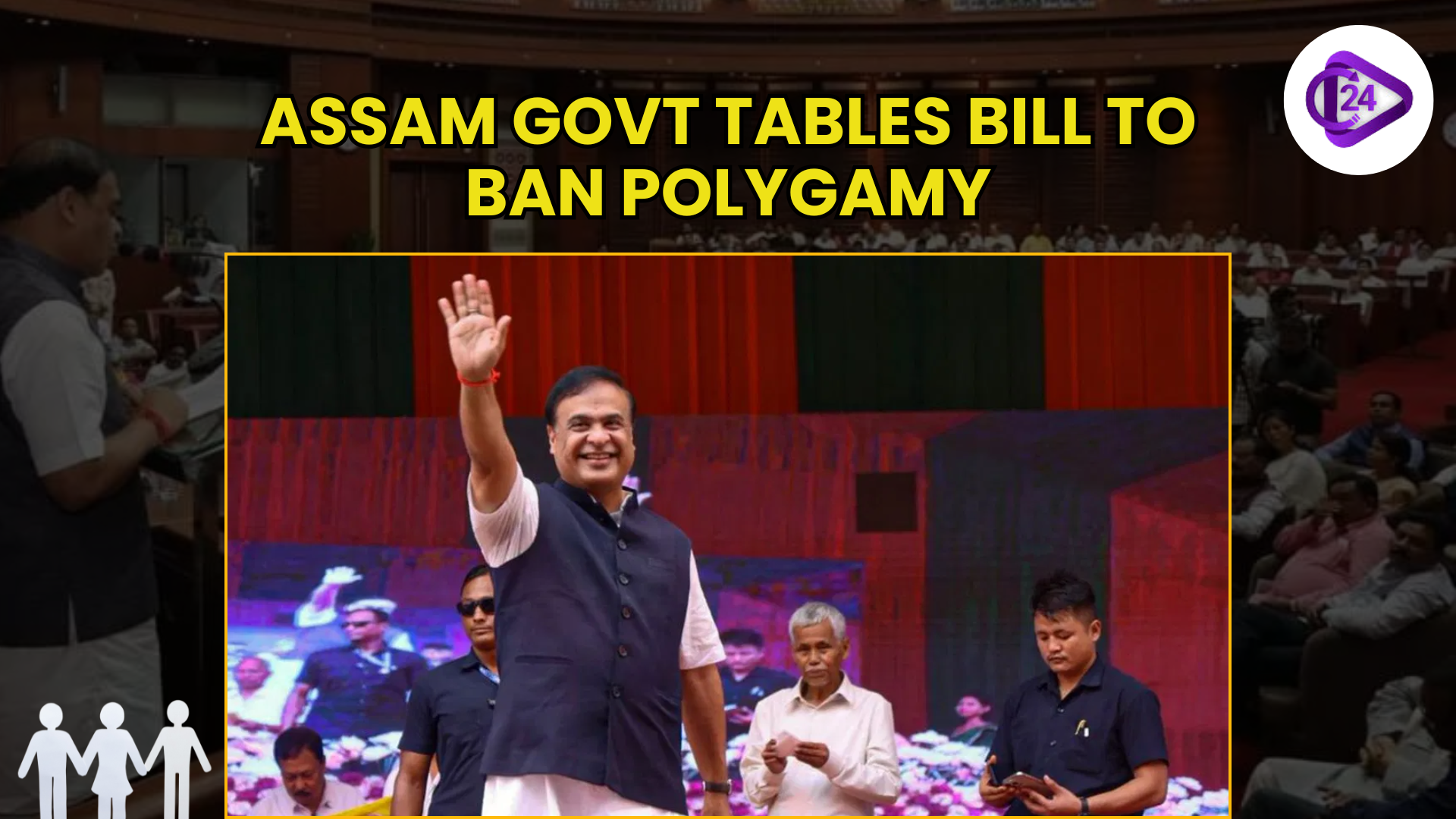 Assam Government Introduces Bill to Ban Polygamy with Strict Penalties
Assam Government Introduces Bill to Ban Polygamy with Strict Penalties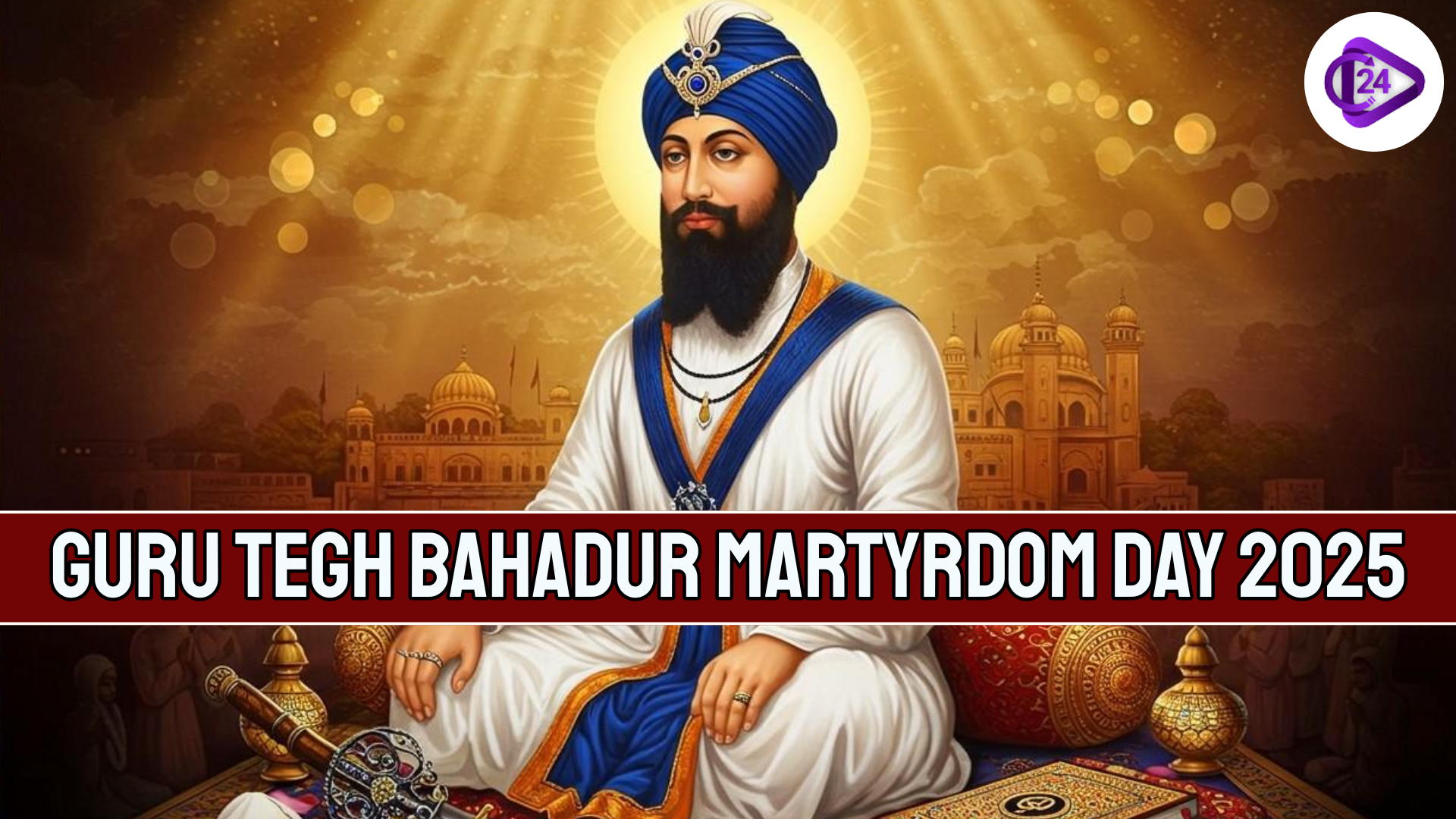 Guru Tegh Bahadur Martyrdom Day 2025 A Tribute to Courage and Spiritual Strength
Guru Tegh Bahadur Martyrdom Day 2025 A Tribute to Courage and Spiritual Strength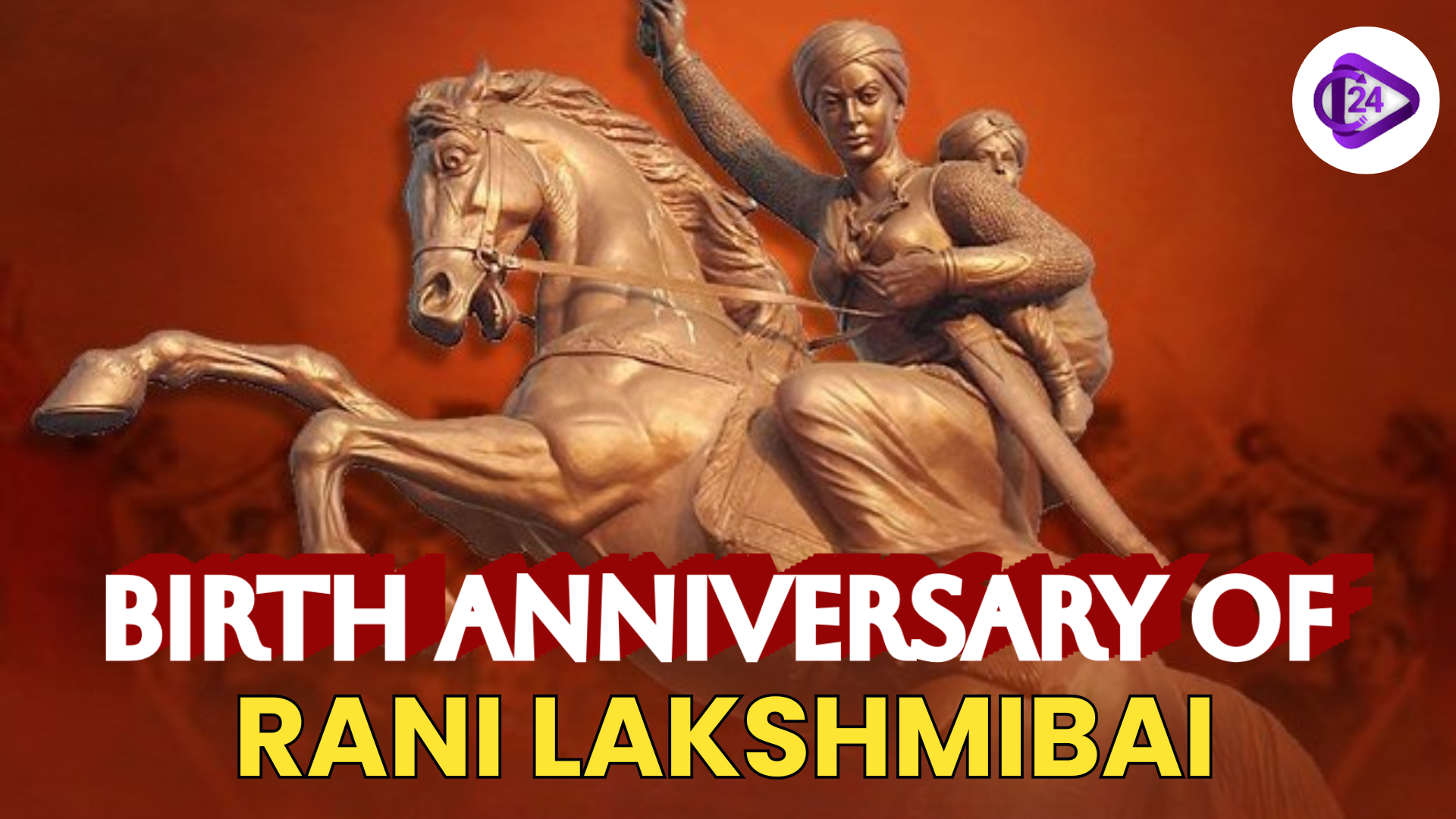 India Pays Tribute to the Birth Anniversary of Rani Lakshmibai
India Pays Tribute to the Birth Anniversary of Rani Lakshmibai






